Alcohol is a Depressant
Depressants depress your natural mental and emotional faculties. This limits everything in your life from making valuable choices, to feeling your richest feelings, to knowing and following the purpose of your life.
Alcohol is a depressant drug—so what?
Clinically speaking, depressants “lower neurotransmission levels, which is to depress or reduce arousal or stimulation in various areas of the brain and/or central nervous system.” While scientifically accurate, explanations like this don’t usually help those struggling with alcohol.
More commonly among laypeople, it is known that alcohol is a depressant. Most of us associate depressants with depression but aren’t clear about the relationship between the two. If alcohol simply made us depressed—which none of us want of course—nobody would consume it. We would politely pass while being shocked that anybody would partake. But that’s not reality. Reality is that many of us have experienced the short-term, arguably positive effects of alcohol including reduction in anxiety, as well as the ability to be more socially confident.
What is helpful to a person who wants to feel better and behave differently?
What is helpful is to learn what depressants do experientially (rather than scientifically) and begin to comprehend you might be missing out on something you didn’t know existed.
When we take depressants, we are “pushing down,” or avoiding our natural mental and emotional patterns—our innate thoughts and feelings! In many, many cases this means we have built significant portions of our lives—even our careers and relationships—without accessing our highest levels of consciousness. There are millions of people who function “normally” in society, and experienced very few consequences related to social drinking or substance use, that don’t know they’re missing the deep interior experience. When I say “interior experience,” I mean not only feelings of joy and happiness, but also awareness of their deepest desires and access to the power needed to create real, “outer” life. This is the result of normal, socially acceptable integration of mind-altering substances into our lives. This is not bad or wrong. It’s simply operating with depressed or dithered faculties—lower consciousness.
However, if you’re receiving signals that alcohol or drugs are not a match for your life either through painful consequences or intuition, “normal” is not a match for you.
Why is this helpful?
Once you can see something you previously couldn’t see, you are gaining awareness. In this case, “Alcohol is pushing away, or diverting my highest mental and emotional patterns.” This gives you a choice you didn’t have before: Am I open to a new experience?
What would I feel, think, and do without substances?
As you will learn when working with me, I use the word awareness three different ways.
Simple awareness could be what you learned above—alcohol depresses my thoughts and emotions. You didn’t know that before, and now you’re aware of it. Anything you were not aware of, that you become aware of, is awareness.
Self-awareness is when you discover something about yourself psychologically. It’s the why behind your behavior. For example, when evaluating why you’ve avoided quitting the job you hate and looking for another one, you discover you’re attached to the familiarity, comfort, predictability and security of your current job. To get to the awareness, ask yourself, “what am I experiencing internally that would lead me to choose uninspiring work?” The answer, and the awareness behind your behavior is fear. Fear, especially in the forms of comfort-seeking or acceptance of mediocrity, is a huge blind spot and shows up in a variety of life choices. Other examples include consuming alcohol or any mind-altering substances as well as staying in unhealthy relationships.
Finally, there is Awareness with a capital ‘A.’ This represents a depth of knowing yourself at the spiritual level. I frequently call it conscious connection to God or aligning with your life’s purpose. Awareness is when you access your highest level of consciousness. It provides direction, often using your thoughts (once cleared of all the uninspiring debris), and gives you power to behave or perform in ways that you haven’t been able to on your own. This can include not drinking and using substances, but also accessing your authentic desires related to your work, relationships, and how you want to spend your time during this lifetime.
Conclusion
You may or may not have a problem with alcohol requiring abstinence. Either way, now you are aware of what depressants do to your psychology and emotions. If you are struggling, consider the possibility this is grace. Grace in the form of an alert that you’ve been blocked from experiencing your highest consciousness including thoughts, feelings, your greatest talents, and possibly the most wonderful experiences of your life.
You might have a great life already! You may like your job and have a family you love. Or your life might look great to the outside world but inside it hurts. Maybe it’s anxiety, guilt, or shame. Or maybe it’s just that nagging question, “Is this all there is?” Is it possible there’s something you’re not aware of—something that couldn’t have been learned at school or church? Is it possible that the same force in the universe that created you, is offering additional direction to you? Is it possible that, unknowingly, you’ve been blocked off from receiving these messages?
My program and your Life with Awareness, will help you answer these questions and experience everything you came here to experience. Please contact me for support on journey or with any questions you have.
